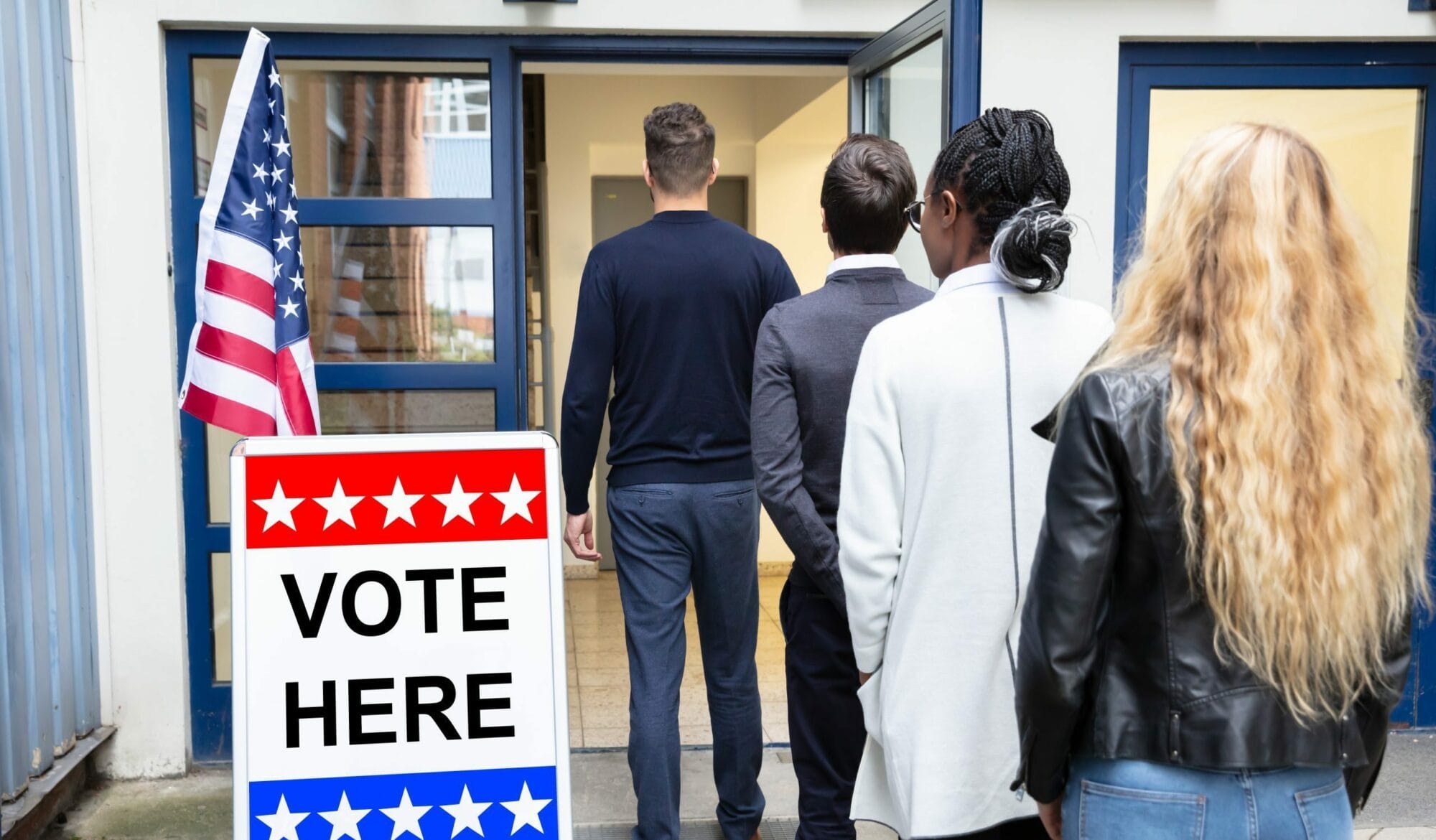By Howard Fischer, | Capitol Media Services
Arizonans going to the polls this year could be faced with three vastly different and often-conflicting approaches for the conduct of future elections.
An initiative campaign to broaden access to the ballot reported Tuesday it now is in line to have more than $1 million to gather the 237,645 signatures needed to put the question to voters. That includes $500,000 already contributed by Living United for Change in Arizona, the group that convinced voters, twice, to hike the state’s minimum wage.
Laura Dent, spokeswoman for the coalition of groups coming up with the cash, known as Activate 48, says the campaign already has more than 60,000 signatures collected since launching in early February.
Arizonans for Free and Fair Elections has until July 7 to gather the rest on its proposal to do everything from automatic voter registration when people get a driver’s license to overturning some of the restrictions on early voting previously approved by the Republican-controlled measure.
Only thing is, it’s already clear it would not be the only measure on the November ballot.
Republican lawmakers already have placed another vastly different one there which would impose new voter ID requirements.
That measure began as an initiative by the business-oriented Free Enterprise Club. But the action by the Republican-controlled legislature saves it the effort – and the cost – of getting signatures by agreeing themselves to put it on the ballot.
And a third group that wants to curb early voting is hoping for the same favorable treatment of being able to bypass the signature requirements for an initiative.
Lee Miller, one of the Republican organizers of what is dubbed Easier to Vote, Harder to Cheat, said he has been unable to hire the necessary paid circulators to get people to sign petitions to qualify the measure for the 2022 ballot. He blames Arizonans for Free and Fair Elections, claiming that the deal they have with companies they hired to circulate their petitions forbids them from also taking on petitions for the conflicting measure.
Joel Edman, who heads that effort, acknowledged that his group does not want its circulators also advancing an effort that works contrary to what it is trying to accomplish.
So now Miller is hoping that GOP lawmakers do for him and his allies what they did for the Free Enterprise Club: put the issue on the November ballot without the need to gather signatures showing public support.
Theoretically speaking, all three could be approved in November. And if there are conflicting provisions, the measure that gets more votes would become law.
But what ultimately will be at play is whether Arizonans believe that the existing voting laws, including new restrictions that Republicans are enacting this year, are too lax or too restrictive.








